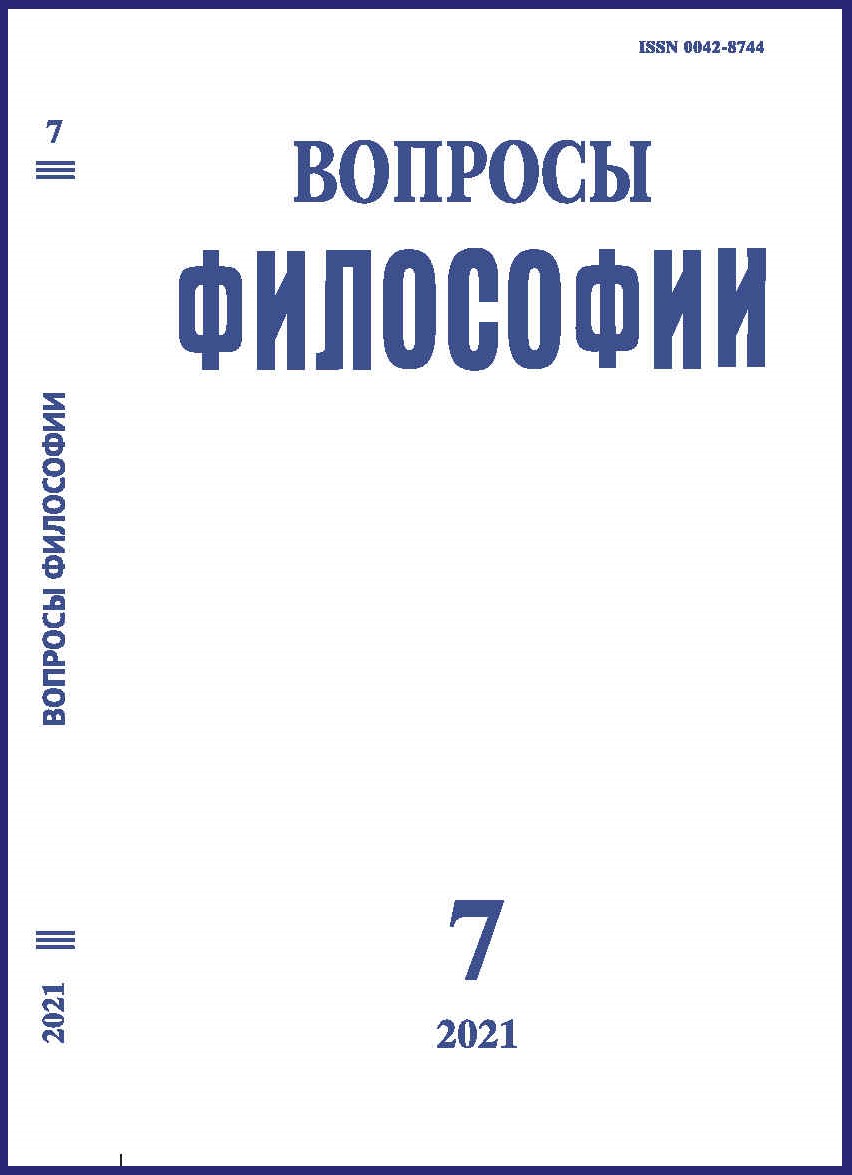“The Last of the Mohicans of the Russian Thought”: Pavel S. Popov about Gustav G. Shpet. Popov, Pavel S. “Shpet, Publication by Angelina I. Semenova
DOI:
https://doi.org/10.21146/0042-8744-2021-7-105-124Keywords:
history of Russian philosophy in the first half of the twentieth century, memoirs, P.S. Popov, G.G. Shpet, University Philosophy, Biographical MethodAbstract
The article is devoted to the analysis of the intellectual heritage of the famous Russian philosopher, literary scholar and translator Pavel Sergeevich Popov (1892-1964), whose works have been preserved in his family archive. The article precedes the publication of the chapter on Gustav Gustavovich Shpet from Popov’s unpublished memoirs Images of the Past. Memories from university, gymnasium and childhood years (P.S Popov began to write this book in the 1920s and finished in the 1940s). Popov's manuscript is primarily of historical and philosophical value, opening up new interesting pages for us in the history of domestic Russian thought in the first half of the 20th century. It allows to take a fresh look at both Popov and Shpet, clarifies the nuances of the relationshipbetween philosophers of that time, confirms the ideological and biographical assumptions of researchers (for example, about the existence of a typewritten version of the second volume of Shpet’s A View on the History of Russian philosophy»). In addition, thanks to these memories, various details of the intellectual life in the first half of the 20th century are discovered (including the internal ideological connections within the Psychological Society, and the intellectual atmosphere of the “editing” of Shpet's translation of the G.W.F Hegel’s The Phenomenology of Spirit. The author defends on P.S. Popov’s archival materials the idea of the existence of a continuity between the philosophy of pre-revolutionary Russia and the Soviet period. Their link, according to the author, is the work of university philosophers (precisely, the generation that caught the interruption of the pre-revolutionary and the formation of the Soviet philosophy: G.G. Shpet, P.S. Popov, B.A. Fokht, V.F. Asmus etc.), since the university style of thinking is, in principle, aimed at preserving and transmitting the historical intellectual experience of generations.

